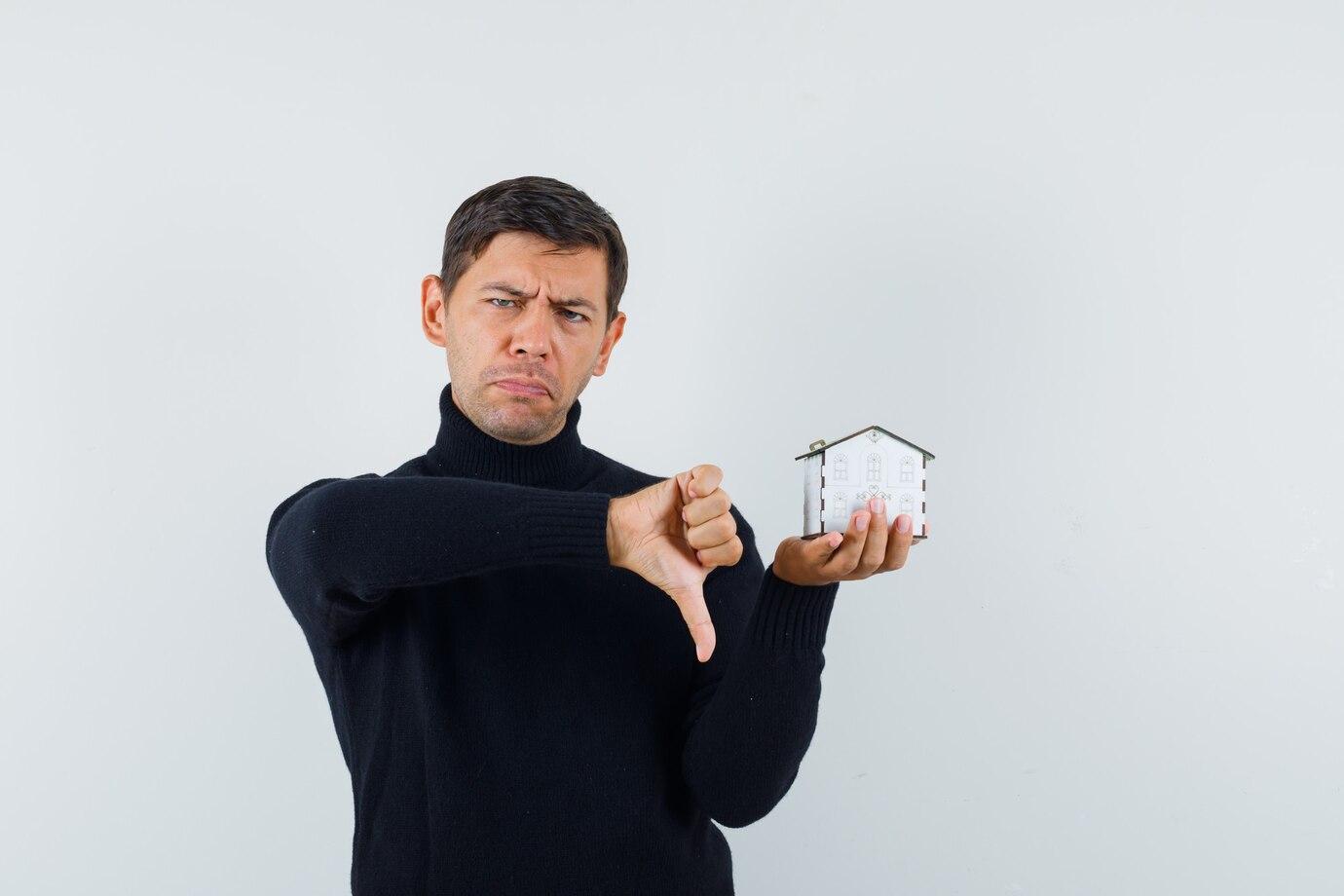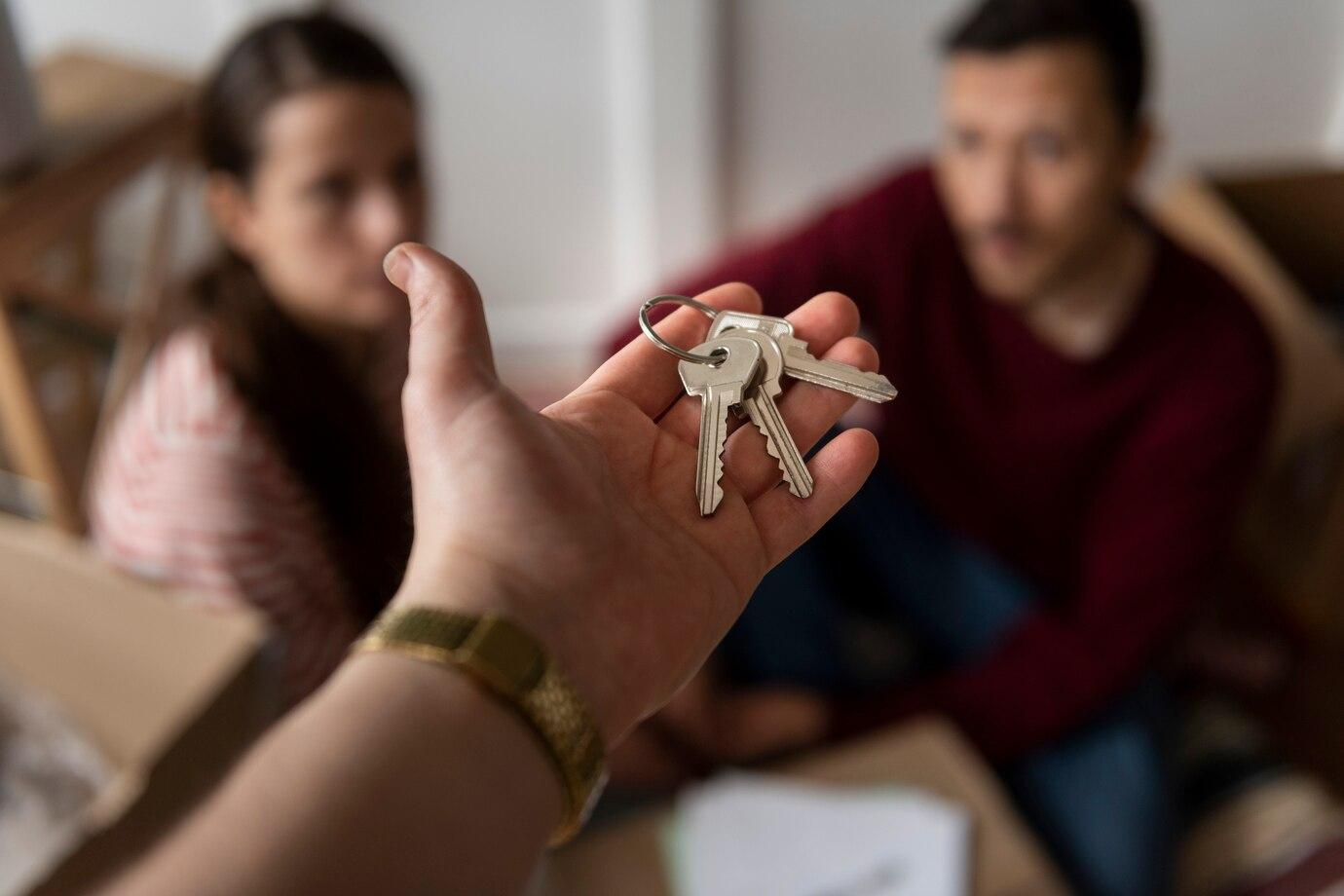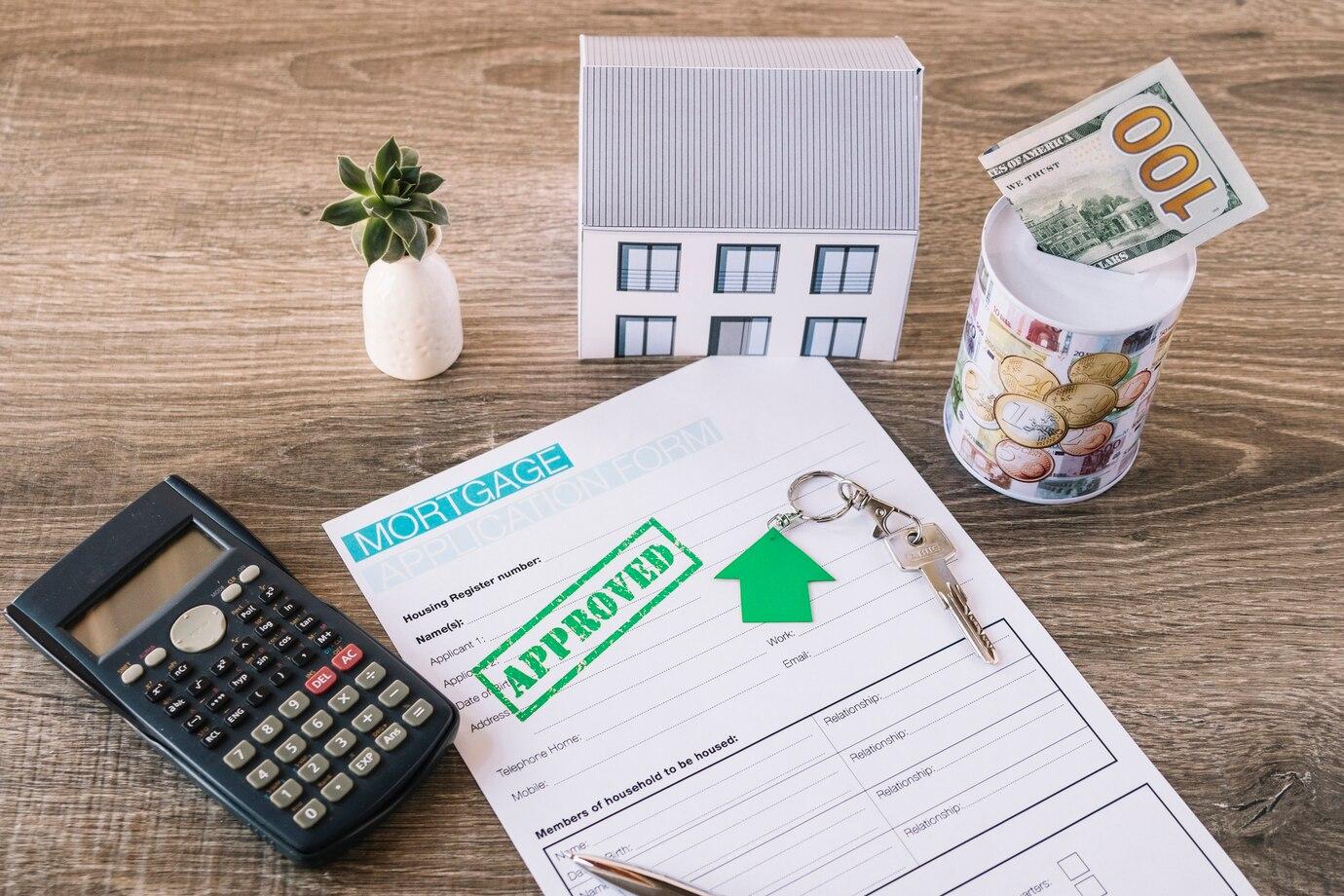Buying real estate is one of the most significant decisions in a person's life. It often requires substantial financial investment and can greatly impact the future. Unfortunately, along with the opportunity to acquire your own place comes the risk of encountering fraudsters. Real estate fraud takes various forms, and knowing common schemes can help avoid losses.
Signs of a Fake Realtor
Among the many people working in the real estate market, there are also fraudsters posing as realtors. Their schemes are often complex and sophisticated, but there are some characteristic signs by which you can identify a fraudster.
- The first sign is the absence of a license. In most countries, realtors are required to have the appropriate licenses and certificates. A potential buyer should inquire whether the specialist has the necessary documents. If the realtor assures you that the license is "in their possession" or immediately refuses to show it, be wary.
- The second sign is an overly attractive offer. Fraudsters often offer real estate at a price significantly below the market, citing various reasons: urgent relocation, joining the army, inheritance that needs to be sold quickly, etc. It's important to remember that a deal that seems too good to be true may hide serious problems.
- The third sign is the refusal to provide the property owner's contact details. If the realtor cannot provide the personal details of the owner or information about the company through which the sale is being made, this should also raise suspicion. Most often, transparent deals are accompanied by openness from all parties involved.

Fraud Schemes
There are many schemes that fraudsters use to deceive buyers. Here are some of the most common:
Document Forgery
One of the most common methods of fraud is document forgery. This can include fake property ownership certificates, debt certificates, as well as fake passports of owners. Fraudsters may use documents obtained from acquaintances or create them themselves. To protect against this type of fraud, it is necessary to thoroughly check all documents and, if necessary, consult a lawyer.
The "Collateral" Scheme
The second common method is the "collateral" scheme. In this case, the fraudster offers you to buy real estate that turns out to have already been used as collateral for a loan. After the buyer pays for the deal, the fraudster disappears, leaving the buyer with nothing but grief and extra headaches. Proper verification of the property's status can help avoid this scheme. There are services that can check for encumbrances on the property.
"Hidden" Property Problems
Another deception is the concealment of information about the technical condition of the property. Fraudsters may hide serious defects in the building, such as water leaks, pests, or serious structural problems. Unscrupulous sellers may carry out cosmetic repairs to make a good impression on buyers. It is strongly recommended to conduct an independent inspection of the building to identify any potential problems.

Negotiation Fraud
There is also a scheme where the fraudster negotiates on behalf of the property owner but does not have the right to do so. In most cases, such specialists "err" by lacking the appropriate authority. Agreements can be reached over the internet or via phone negotiations. It is necessary to demand a meeting with the real owner to confirm their intentions.
How to Avoid Fraud
Knowing about common fraud schemes, buyers can take some steps to protect themselves.
Finding a Reliable Realtor
Choosing a reliable realtor is one of the most important steps in buying real estate. You should choose an agent with a good reputation who has positive reviews from clients. You can also ask friends or acquaintances who have already gone through the process of buying real estate for recommendations.

Document Verification
Before closing the deal, it is important to verify title documents. The purchase and sale of land or housing must be executed strictly in accordance with the law. Professional lawyers can help you with this verification, ensuring greater protection from potential pitfalls.
Legal Support
It is recommended to have legal support at all stages of the transaction. Specialists will help ensure that all real estate documents are in order and help resolve possible disputes during negotiations.
Transaction Transparency
Make sure that all stages of the transaction are conducted openly and transparently. If the realtor or owner refuses to provide any information, this should raise suspicion. Transparency is one of the main principles of a successful and safe transaction.
Market Price Comparison
A potential buyer should also conduct their own market analysis. Comparing prices of similar properties in the area will help identify inappropriate offers. If the price of a property significantly differs from the market, this may be a sign of fraud.

Buying real estate is a serious step, and it should be approached with maximum caution. Knowing common fraud schemes will help you avoid losses and protect your interests. It is important to remember that the more information you gather about the transaction and its participants, the fewer chances fraudsters have of succeeding. Follow the recommendations, communicate with reliable specialists, and do not hesitate to ask questions. A safe transaction is the key to a stable future in your new property.
